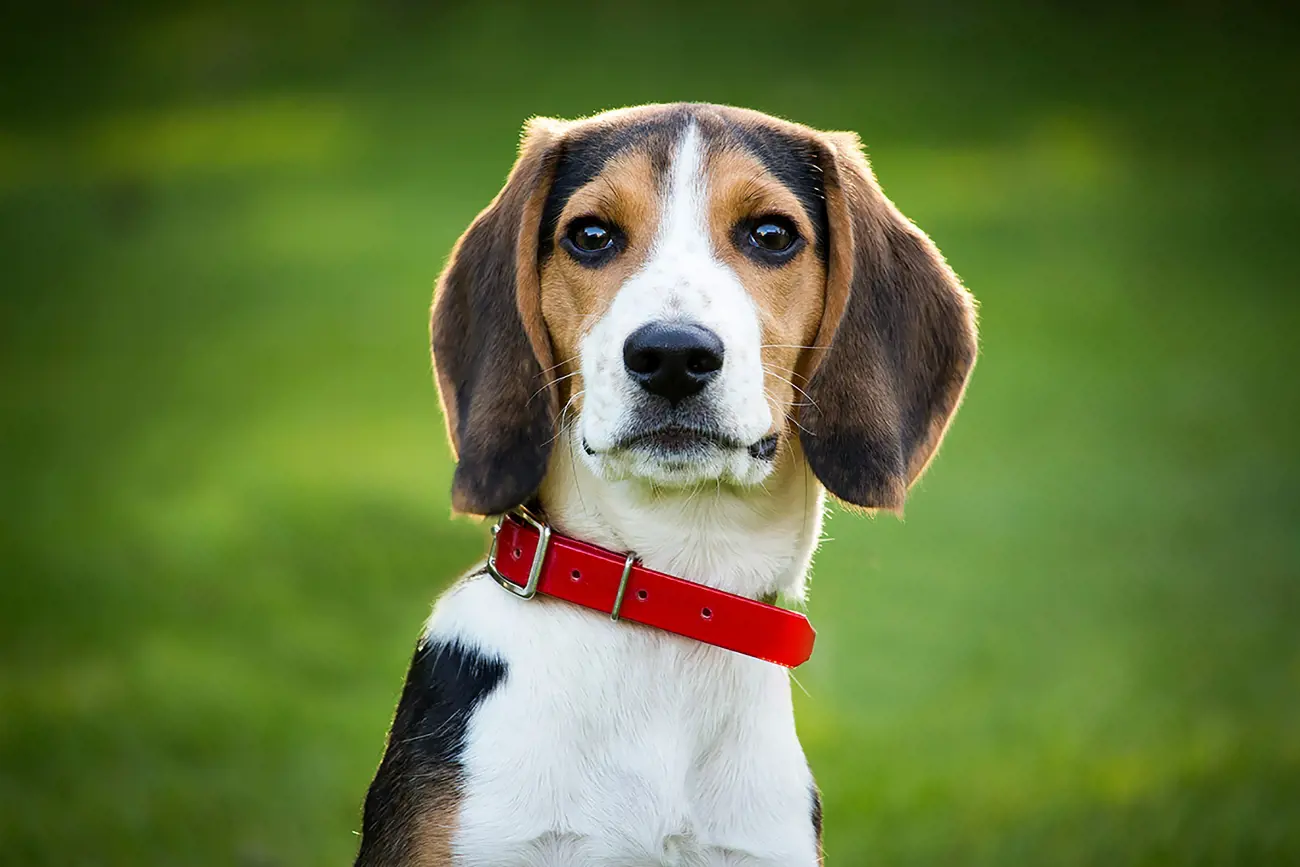Why do Great Danes have short life spans?
16th July, 2024

As a pet parent, it's quite disheartening to realise that your beloved Great Dane has a rather limited life span, especially when compared to other dog breeds. But, have you ever wondered why do Great Danes have such a short life span?
This article will delve into the reasons behind this unfortunate reality, providing insights and advice to help you ensure your loyal companion lives as healthily and happily as possible.
Let's start this informative journey by addressing the question at hand.
The primary question: Why do Great Danes have short life spans?
On average, Great Danes have an average life expectancy of about 6-10 years, which is considerably shorter than many other dog breeds. It's an interesting paradox when we consider that in the animal kingdom, larger species, such as elephants and whales, generally live longer than smaller ones. Then why is it different for our canine friends? Let's explore the reasons.
The ageing process: Accelerated in large dogs
One of the primary reasons why Great Danes have a shorter lifespan is their accelerated ageing process. Large dogs, including Great Danes, appear to age more rapidly than their smaller counterparts.
It's as if their life is being fast-forwarded, experiencing the ups and downs of life at an increased pace. This inexplicably faster ageing process contributes to their reduced lifespan.
The 'big' factor: Size does matter
Size plays a significant role in determining the lifespan of the Great Dane dog breed. Their large size puts a strain on their organs, especially the heart, which has to work harder throughout their life to keep them going. This additional stress on their vital organs can contribute to a shorter lifespan.
Health concerns: Frequent companions of Great Danes
Great Danes are also prone to various health issues. Some of these health problems, such as cardiomyopathy, bloat, thyroid issues, and joint and bone diseases, can impact the overall quality and duration of their lives. Let's dive deeper into these health issues to better understand them.
Common health complications in Great Danes
Understanding the common health problems that Great Danes face can help you, as a pet parent, take preventive measures to manage these issues and potentially enhance your Great Dane's life span.
Cardiomyopathy: A strain on the heart
Cardiomyopathy, a disease that causes heart enlargement, is a common issue among Great Danes. These gentle giants often have large hearts due to their size.
However, cardiomyopathy means their hearts become larger still, and less efficient at pumping blood. This can significantly increase the risk of heart failure, potentially leading to a short lifespan.
Bloat: A serious threat
Gastric Dilation Volvulus, commonly known as bloat, is a potentially fatal condition that affects Great Danes. It involves the dog's stomach twisting and swelling, which can cut off the blood supply to other parts of the body. Understanding the symptoms of bloat and how to prevent it is critical for any Great Dane owner.
Joint and bone diseases: Common ailments
Great Danes are prone to various bone and joint diseases like hip dysplasia and osteoarthritis due to them having a larger frame. These conditions are typically gradual but may result in a slow deterioration of your pet’s health, ultimately impacting their quality of life.
Thyroid problems: The silent affliction
Great Danes are also susceptible to thyroid problems, most commonly hypothyroidism caused by autoimmune thyroiditis. Fortunately, this condition can be managed with medication, and regular check-ups can help monitor your dog's thyroid levels.
Boosting your Great Dane’s lifespan: What can you do?
While certain factors like genetics and size are out of our control, there are various ways you can positively influence your Great Dane's lifespan.
Offer a balanced and nutritious diet
Feeding your Great Dane a balanced, high-quality diet that aligns with their nutritional needs is vital. A well-rounded diet not only nourishes their bodies but can also help prevent health issues like bloat. Remember, what you feed your Great Dane can directly affect their lifespan.
Prioritise regular exercise
To keep your Great Dane in peak health, regular exercise is a must. However, remember that Great Danes don't require intense physical activities; light exercise once a day is usually enough. Regular, controlled exercise can help keep your Great Dane healthy and potentially increase their lifespan.
Schedule regular vet visits
Regular vet check-ups are crucial in detecting potential health issues early. Catching a disease or problem early improves your dog's chances of recovery and survival. Routine vet visits can help manage any joint conditions, such as osteoarthritis, that develop with age, and can help keep track of your pet's overall health.
Of course, no matter how much we care for our furry friends or how many preventive measures we take, we must accept that all living beings have a natural lifespan. And while the lifespan of a Great Dane might be shorter compared to other breeds, the joy, loyalty, and companionship they bring to our lives are immeasurable.
While we've addressed the question of why do Great Danes have short life spans and explored various measures to potentially enhance their life quality and duration, it’s important to remember that every dog is unique.
As a pet parent, understanding your pet's needs and providing them with love, proper care, and the right lifestyle can go a long way in ensuring they live a fulfilling life.
Considering dog insurance for your Great Dane
Given the health risks and potential medical expenses associated with Great Danes, it could be wise to consider getting insurance for your dog. You can get a dog insurance quote for your Great Dane through our website. If you'd like to discuss dog insurance options with our team, feel free to get in touch with us on 0330 102 5748.
Remember, while Great Danes may have a shorter lifespan, the love, joy, and companionship they offer during their time with us make every moment worth it.
Conclusion

In conclusion, the main reasons why Great Danes have short life spans include accelerated ageing, their large size, and susceptibility to various health issues. However, as a pet parent, you can take steps to manage these issues and potentially enhance your pet's life span.
Providing a balanced diet, ensuring regular exercise, scheduling routine vet visits, and promoting responsible breeding are all crucial parts of this journey.
Great Danes may have shorter life spans than some other breeds, but the love, joy, and companionship they offer during their time with us make every moment worth it. And remember, taking care of your Great Dane's health can also help prevent potential complications, giving you more precious time to spend with your loyal companion.
Helpful Pages
Recent Posts

Why do Great Danes bury their heads?
12/03/25
Find out more about Beagles
28/02/25Pet Insurance Quote
- 98% claims paid *
- Claims paid directly to vets
- 24/7 vet video consultations
- Interest free monthly payments


